The origin of the coat of arms of Antibes dates back to the 11th century , when the Crusaders would have left the port of Antibes for the first crusade with a blue flag with a white cross. The four fleurs de lis were introduced from the arms of the House of Anjou-Sicily. The banner "Fidei servandae Exemplum 1815" which surmounts the coat of arms was granted by Louis XVIII to his "good town of Antibes". The mural golden crown with three towers in French Heraldry means the place is a commune.
City: Antibes
Department: Alpes-Maritimes
Region: Provence-Alpes-Côte d'Azur
Country: France
My Commentary: The first time I visited Antibes I felt a total Mediterranean classic ambient, the historical part of Antibes is fantastic, the narrow roads and houses altogether. I like Antibes in a special way because it was the first place in France I visited, in 2009.
Links:
Interesting Facts:
- Antibes' population place second in the department Alpes-Maritimes.
- The old name of Antibes was Antipolis
- The Festival d'Art Sacré d'Antibes is a sacred art festival that happens yearly in Antibes, it's directed by Philippe Depétris
- Vauban Port in Antibes is one of the largest marinas of Europe
History of Antibes: Antibes is located on the east side of a neck of land called La Garoupe. It was founded by Phocaeans from Massilia in the 5th-century bc.As a Greek colony and Roman settlement, it was known as Antipolis (Ἀντίπολις, Antípolis, lit. "Cross-City") from its position relative to Nice (anc. Nicaea).
Rome gradually increased its hold over the Mediterranean coast. In 43 bc, Antipolis was officially incorporated in the propraetorial(senatorial from 27 bc) province of Narbonesian Gaul, in which it remained for the next 500 years. Antipolis grew into the largest town in the region and a main entry-point into Gaul. Roman artifacts such as aqueducts, fortified walls, and amphoræ can still be seen today.
Antipolis became the seat of a bishopric in the 5th century. After the disintegration of the Western Roman Empire, various barbarian tribes seized Antibes. This resulted in destruction and a long period of instability. In the 10th century, Antibes found a protector in Seigneur Rodoart, who built extensive fortified walls around the town and a castle in which to live. For the next 200 years, the town experienced a period of renewal. Prosperity was short-lived, as the whole region fell into disarray for several centuries. The inhabitants of Antibes stayed behind their strong city walls as a succession of wars and epidemics ravaged the countryside. In the 1244, Antibes's bishop moved his see to Grasse. By the end of the 15th century, the region was under the protection and control of King Louis XI of France. Relative stability returned, but the small port of Antibes fell into obscurity.
From around the middle of the 19th century the Antibes area regained its popularity, as wealthy people from around Europe discovered its natural beauty and built luxurious homes here. It was transferred from its former department of Var to the new one of Alpes Maritimes in 1860. The harbor was again used for a "considerable" fishing industry and the area exported dried fruit,salt fish, and oil.
By the First World War, it had been connected by rail with Nice and most of its fortifications had been demolished to make way for new residential districts. In 1926, the oldChâteau Grimaldi in Antibes was bought by the local municipality and later restored for use as a museum. Pablo Picasso came to the town in 1946, having visited his friend and fellow painter Gerald Murphy and his wife Sara there in 1923, and was invited to stay in the castle. During his six-month stay Picasso painted and drew as well as crafting ceramics and tapestries. When he departed Picasso left a number of his works to the municipality. The castle has since become the Picasso Museum.
My Photos in Antibes 2009
Antibes by Delacroix
Roman fountain
Trying McDonalds everywhere
Marché Provençal: A very cultural and traditional experience
The narrow streets of Antibes
Rue Guillaumont: Zone Piétonne
Restaurant Le Sucrier
Restaurant Le Temps des Mets
Rue de Haut Castelet
Commune Libre du Safranier
Rue Sadi Carnot
Memorial for the victims of the SS L'Atlantique
Restaurant La Gravette
With the Brazilian flag
Waving the Brazilian flag on French soil :D
Plage Publique (Public beach)
Stepping on the rocky shore
One charm of Antibes is seeing the snowy mountains of the Alps
A colourful lunch!
A colourful lunch!
Kenzo
Delicious dinner
Simpsons in French :D
My friend Paula, the host
Antibes at night
Memorial on the Gendarmerie Mobile wall of General Gazan Thedore, who fought on the Revolution of France.
Bonus: Cannes - Theatre Claude Debussy
Bonus: Cannes - Bienvenue a Cannes
Bonus: Cannes
Bonus: Cannes
Bonus: Cannes
Bonus: Cannes
Bonus: Cannes
Bonus: Cannes
Bonus: Cannes
Bonus: Cannes
Bonus: Cannes - Bienvenue a Cannes
Bonus: Cannes
Bonus: Cannes
Bonus: Cannes
Bonus: Cannes
Bonus: Cannes
Bonus: Cannes
Bonus: Cannes
Bonus: Cannes
My Photos in Antibes 2013
Part of: Europe 2013 series

My Commentary: That was very refreshing for me to get back to the first place in France I visited in my life. Antibes was still the same, but a lot hotter this time and I could walk the same streets I did in 2009 and for the first time I saw how it is like during Summer.
Paula and I
Rua Arceaux crossing Rue Saint-Esprit
This font is a tribute to Colonel Louis Aguillon.
This font is a tribute to Colonel Louis Aguillon.
The pizza is served as a whole, not sliced and it's individual
Flags: First I don't know, second is Côte D'Azur, third is Antibes and fourth is France
I found the flag of Brittany
François and Paula
Château Grimaldi, for me it's the main icon of Antibes
Anti- Mondial Pro-Local Génération Identitaire in Antibes










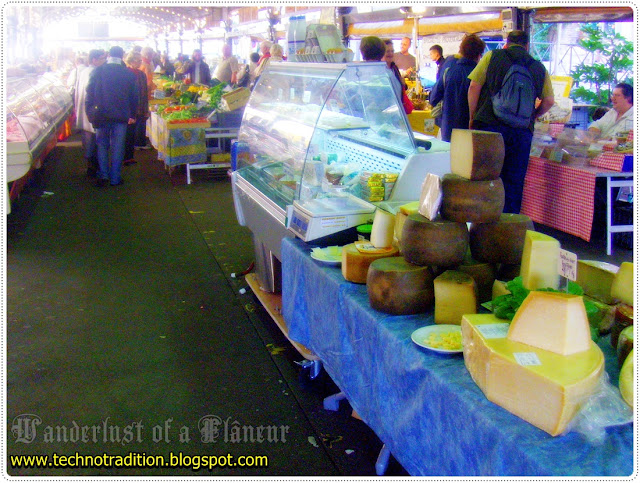






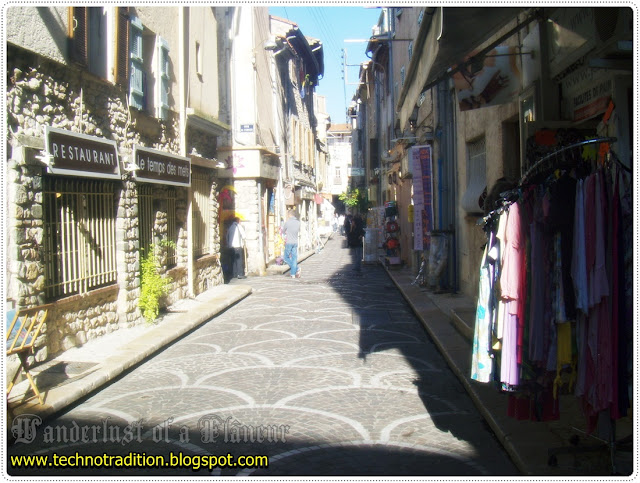





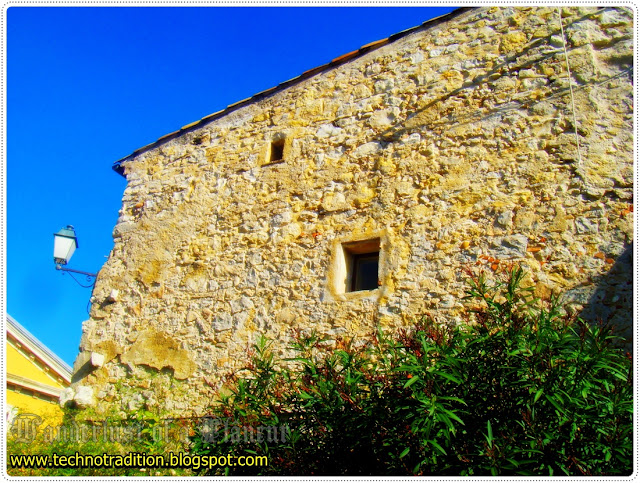

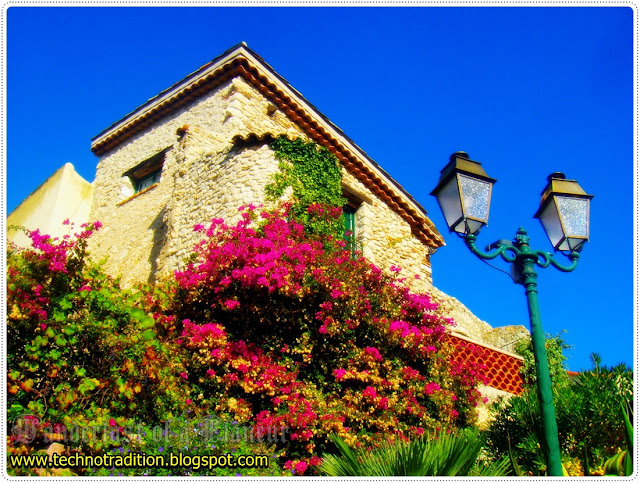



































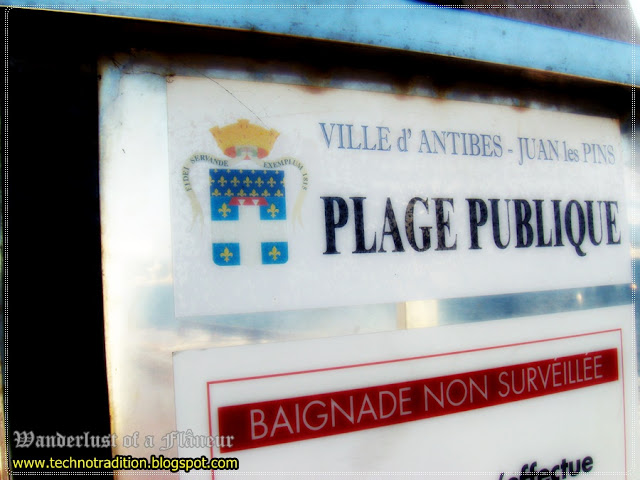











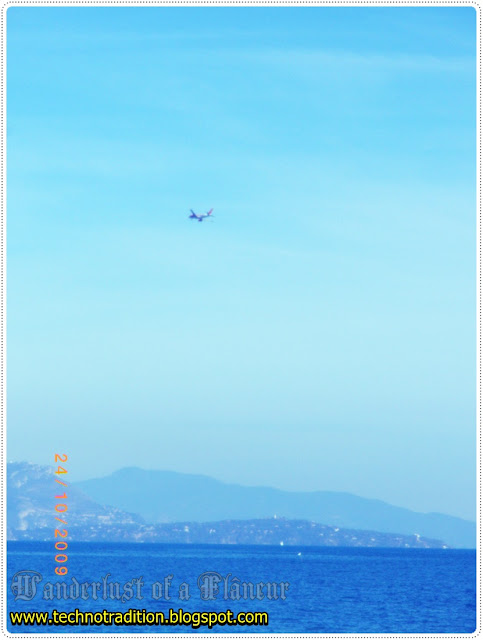

























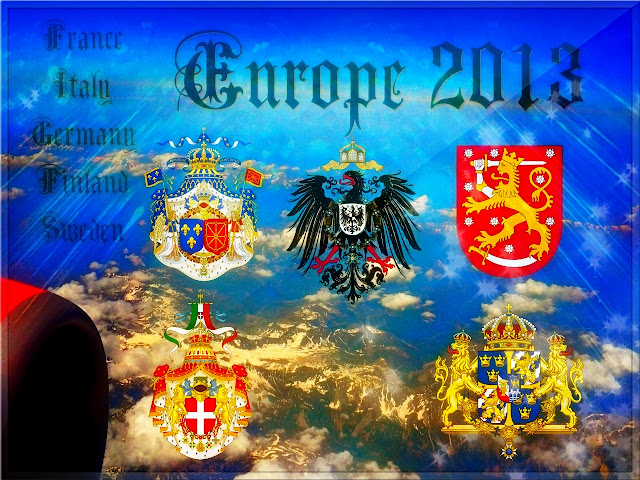







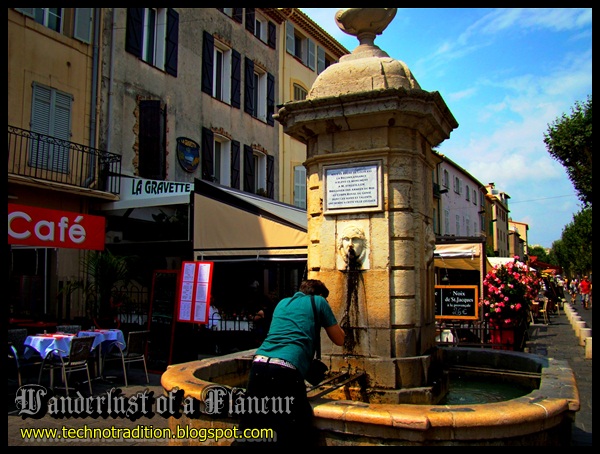
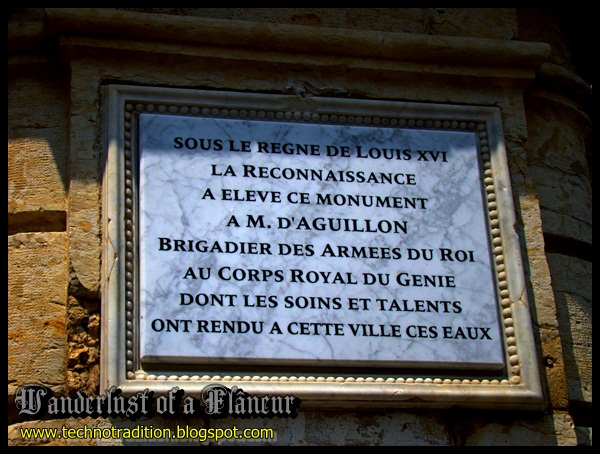





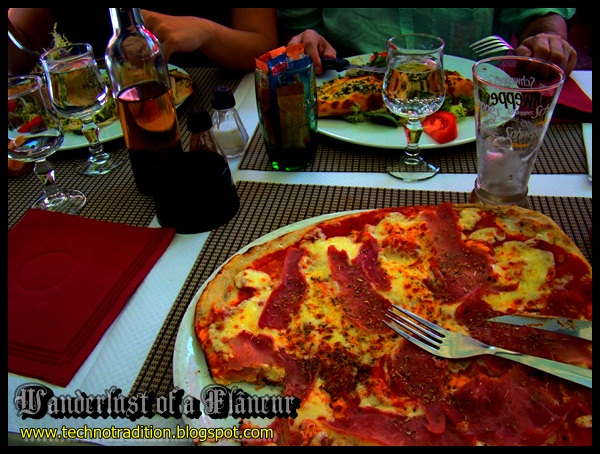



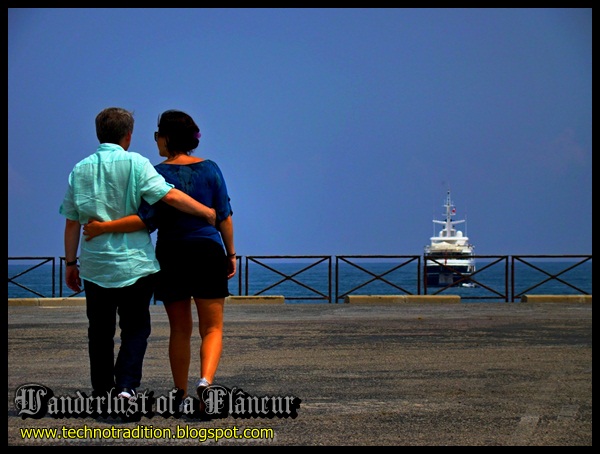
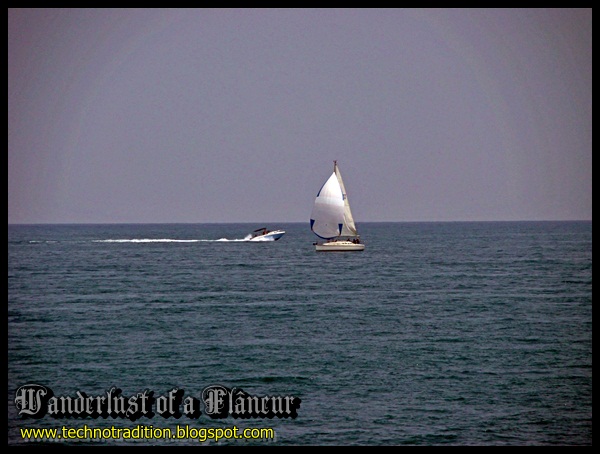

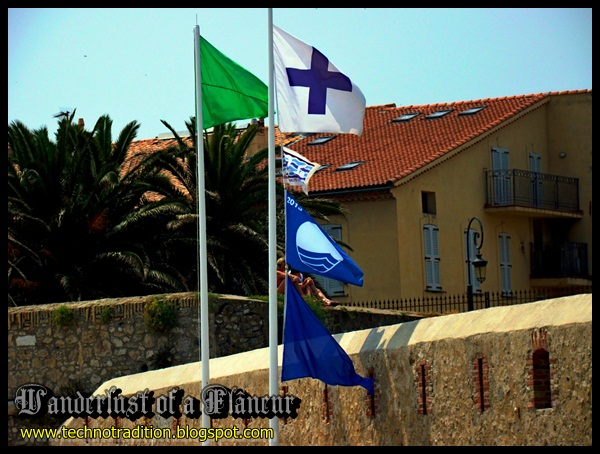
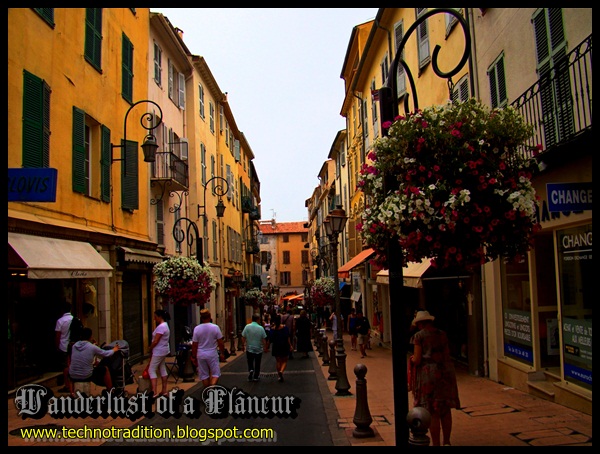
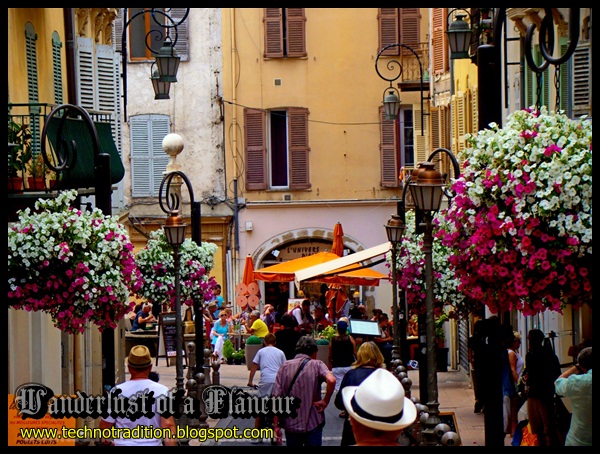



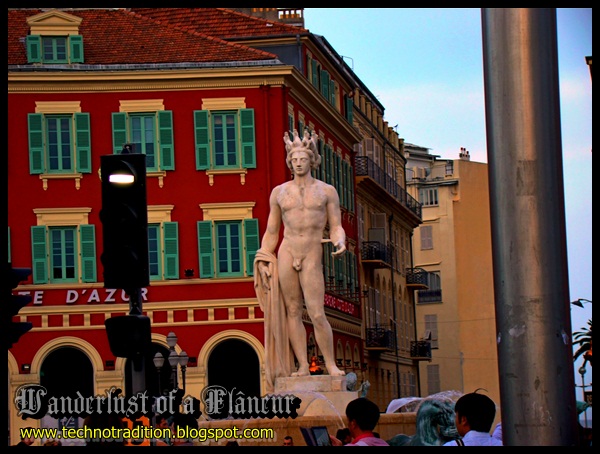
No comments:
Post a Comment